This book has identified "the good of all" as the single most important criterion of excellence of any socio-spiritual approach to life’s problems-particularly in the context of the conflict-ridden society of today. The comprehensive coverage of this criterion, as presented in this study, has strong links with (like Ganga, Yamuna and Saraswati) three life-sustaining steams of thought. The first stream refers to the Lokasamgraha-Message of the Gita which has been formulated in that scripture from ten different but inter-connected angles. The second stream refers to the jagmangal-message of the Manas which is simpler to grasp and which can also be explained from the same ten angles as are applicable to the Gita. The third stream refers to the repeated expressions of the concern for "the good of all" which began with the Vedas and which continued as an integral part of the Indian tradition-a steady source which strengthened the calls of the Gita and Manas also.
By putting all these ideas together and by maintaining the interest of the readers, this book has opened the door to a new field of study and research, viz, the Indian contribution to the theory and practice of "the good of all."

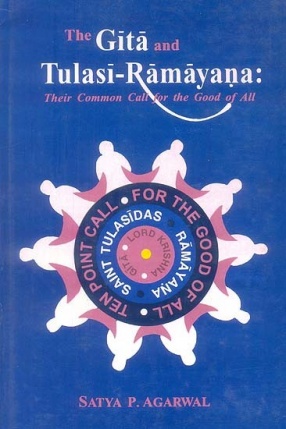

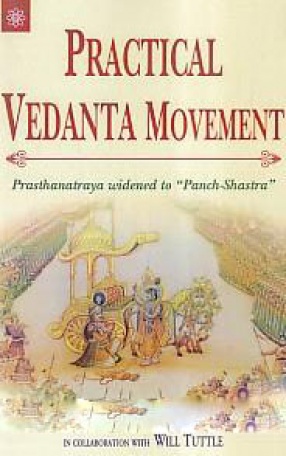
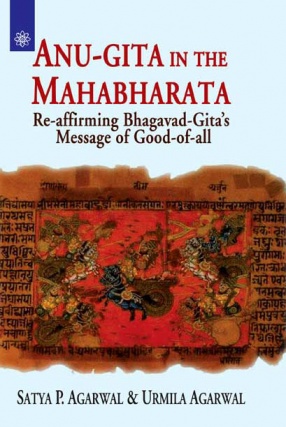
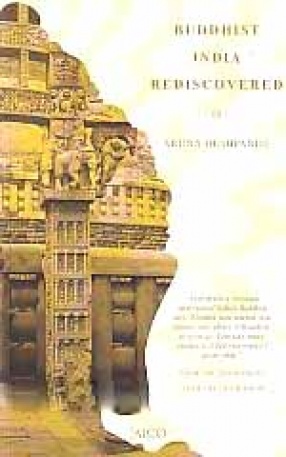
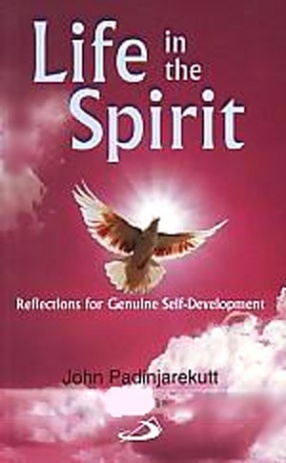
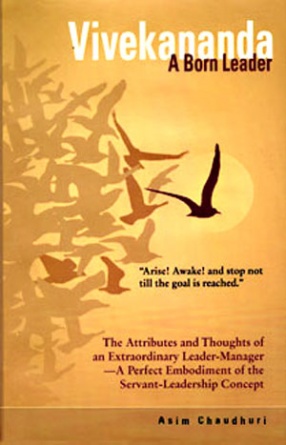
There are no reviews yet.